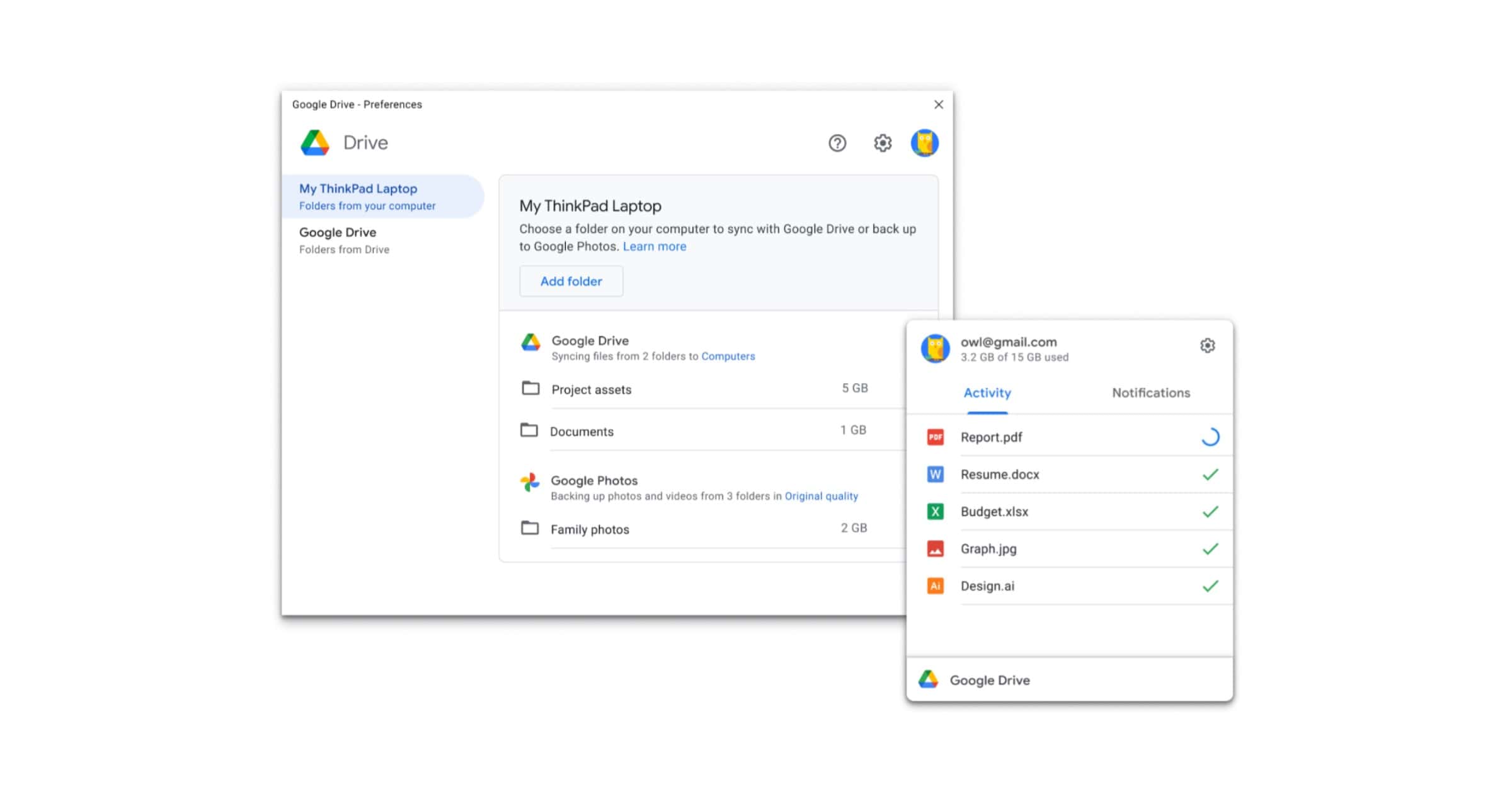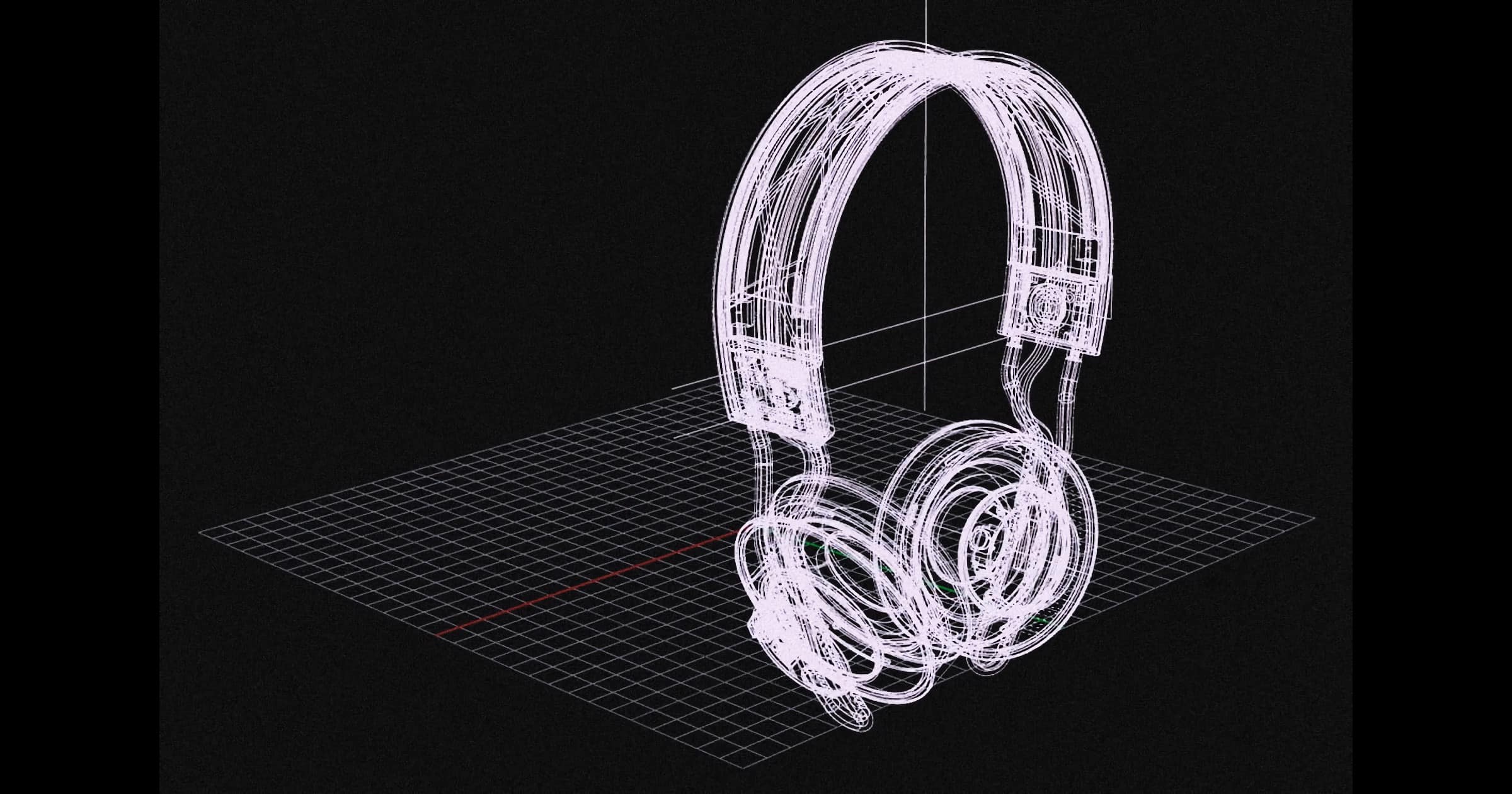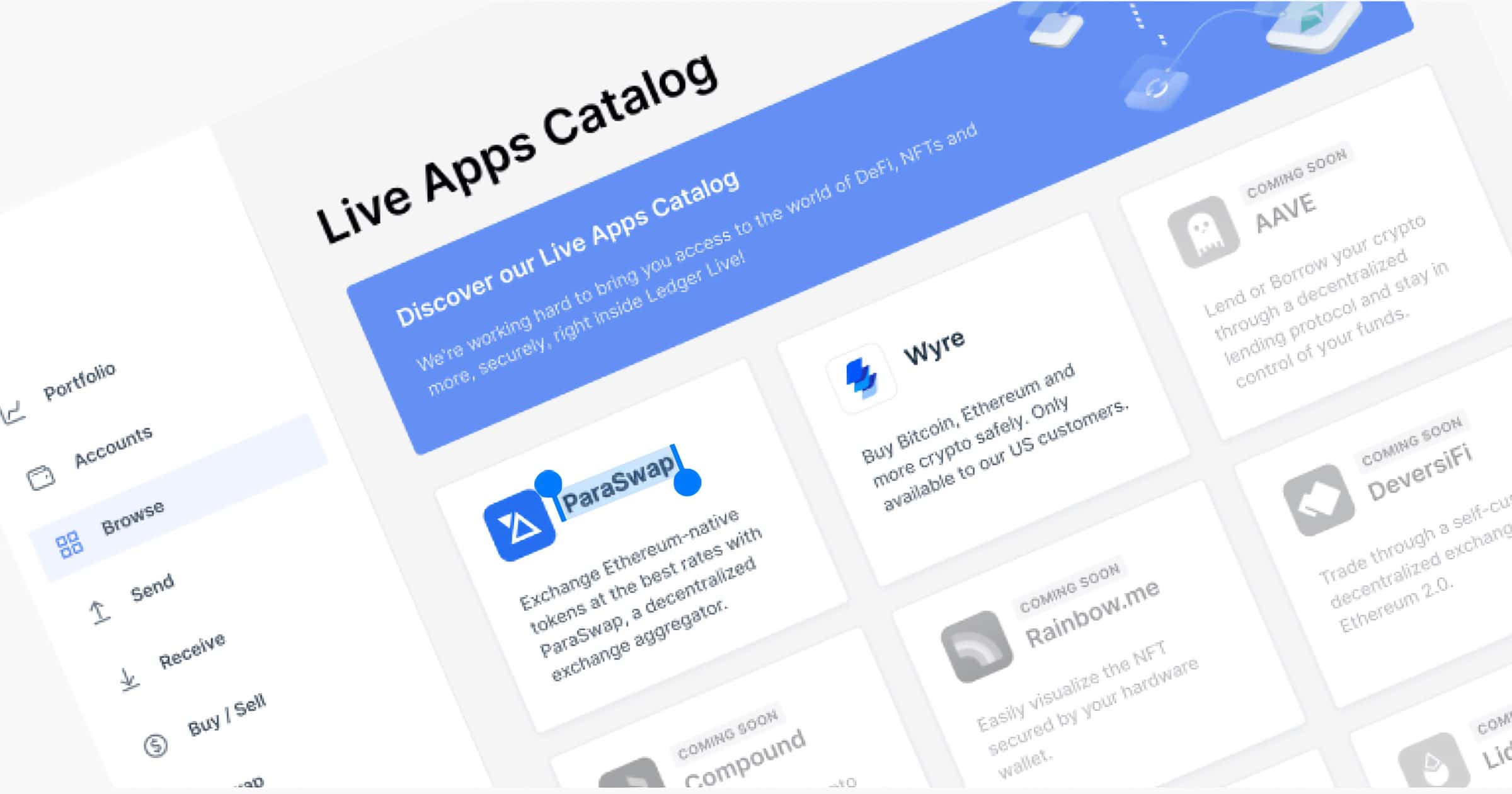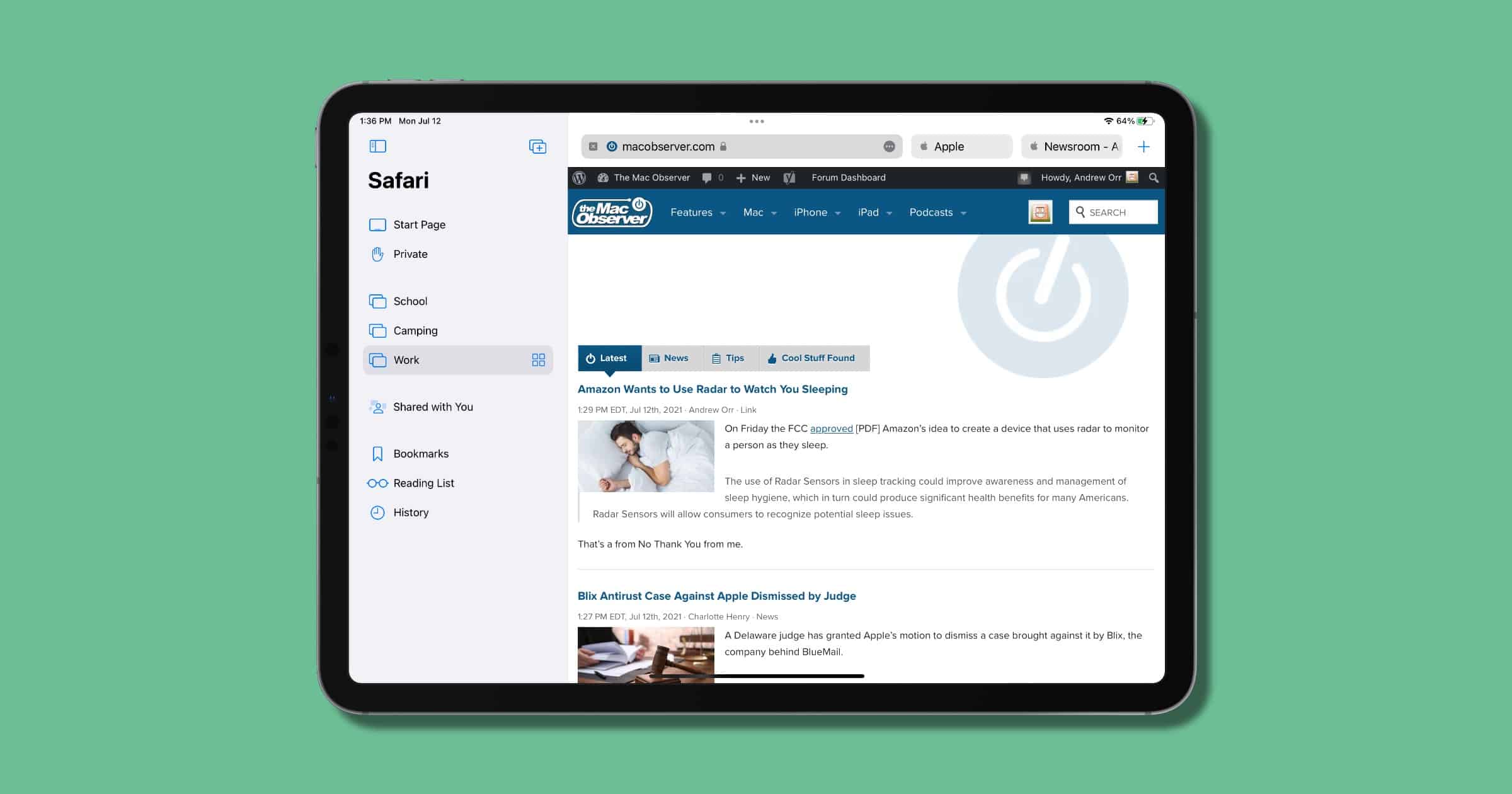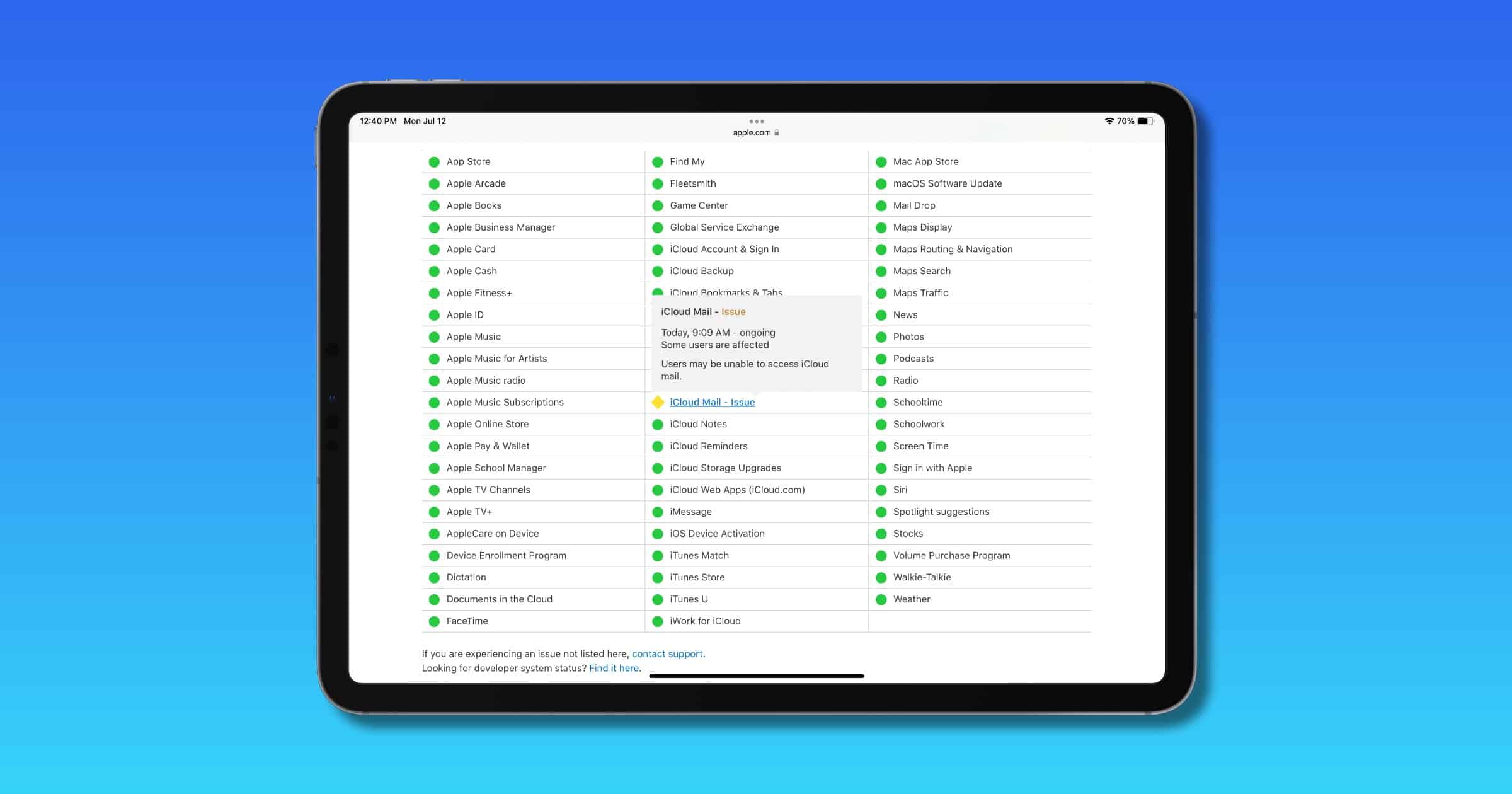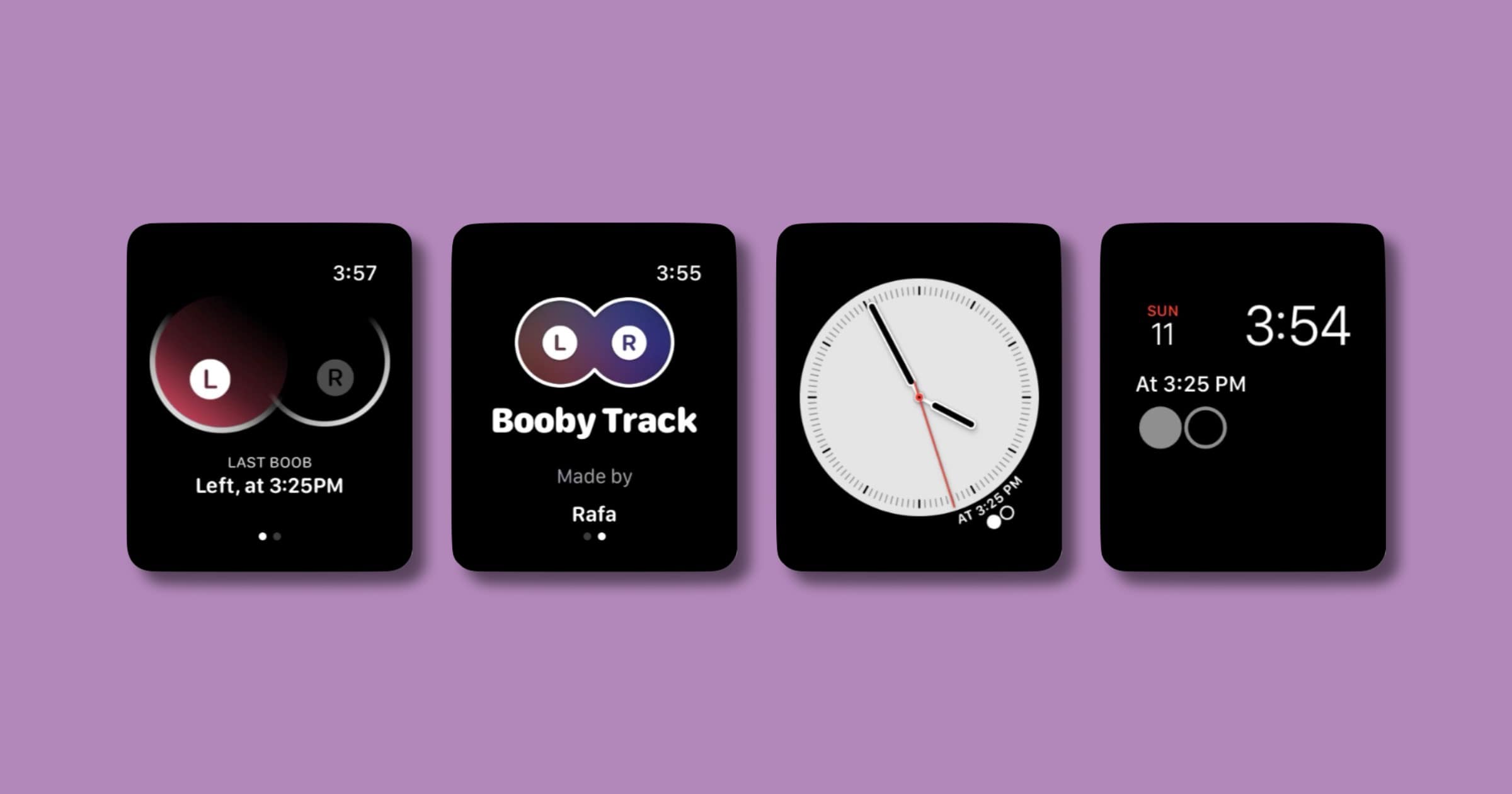Today Bryan Chaffin and Andrew Orr join host Kelly Guimont to chat Shortcuts, including tips on getting started and sources for “inspiration.”
Apple’s Latest Product is a $99 MagSafe Battery Pack
On Tuesday Apple started selling a MagSafe battery pack for the iPhone 12 product line. It’s available to purchase for US$99.
Is Apple About to Get Into The Sports Broadcasting Game? — Media+
Tom Merritt joins Charlotte Henry to discuss Apple’s rumored move into the sports broadcasting game. Could it? Should it?
UK Cops Seize US$249m Worth of Bitcoin Following Money Laundering Probe
England’s Metropolitan Police Service has seized almost £180m (US$249m) worth of bitcoin. The seizure came as the result of an investigation into international money laundering, The Guardian reported.
“While cash still remains king in the criminal word, as digital platforms develop we’re increasingly seeing organised criminals using cryptocurrency to launder their dirty money,” said the Metropolitan police’s deputy assistant commissioner, Graham McNulty. A 39-year-old woman was arrested on suspicion of money laundering after the first haul was discovered and has been interviewed under caution over the £180m discovery. One bitcoin is worth about £23,500, having fallen from a peak in April of £47,126.48, meaning the sum confiscated may have been worth nearly double three months ago. The assets were seized by the force’s economic crime command and the investigation is continuing.
Verizon and Mastercard Work on 5G Contactless Payments
Mastercard and Verizon are partnering on 5G contactless payments for consumers as well as businesses. The goal is to release a product by 2023.
Google Unifies Two Desktop Apps Into a Single ‘Drive’ App
Google is merging its Google Drive sync clients on the desktop: Backup and Sync with Drive File Stream. The new app will be Drive for Desktop on macOS and Windows. The company shares a timeline with other details in its blog post.
Drive for desktop is a unified sync client that provides a consistent experience for anyone who uses Drive, whether for business, education or personal purposes. It enables you to quickly sync and access content directly from Mac or PC, which can save you time by helping you access files and folders in a familiar location.
Jon Stewart Apple TV+ Show to Shoot in Front of Vaccinated Live Audience
Jon Stewart’s return is set to be filmed in front of a live audience. Episodes of the Apple TV+ series will be recorded in New York on July 14 and 16, Deadline reported.
It is the latest “late-night” show to shoot in front of an audience after the likes of The Tonight Show Starring Jimmy Fallon, The Late Show with Stephen Colbert and Jimmy Kimmel Live! brought back audiences. The Apple TV+ series will require attendees to be fully vaccinated, provide an official vaccination card and complete a wellness screening prior to entering. Audiences and crew members will be required to wear masks at all times. The show, which launches this fall, is a one-hour current affairs format with a single issue topic explored in each episode.
Charlotte Henry on DTNS - 'Where Have All The Ransoms Gone?'
The Mac Observer’s Charlotte Henry joined the DTNS crew on Monday. Amongst other things, they discussed paying ransoms following a ransomware attack, the combined theater and streaming released of Black Widow by Disney, and the future of the iPad mini.
Apple TV+: First Look at 'Schmigadoon!'
In a new video, the cast and crew of Schmigadoon! provide a glimpse of the forthcoming show. The series is a parody of iconic musicals starring Cecily Strong and Keegan-Michael Key. The first three episodes land Friday.
Apple Could Quit UK if Asked to Pay 'Commercially Unacceptable' Fee by Courts
Apple could quit the UK as a result of a US$7billion row taking place in the country’s court system, a lawyer for the company revealed.
California State University Gives Apple Products to Freshmen
As part of its CSUCCESS program, California State University will provide freshmen and transfer students an iPad Air, Apple Pencil, and a Smart Keyboard Folio.
Adidas is Developing Solar-Powered Headphones
Adidas is currently developing a pair of solar-powered headphones in partnership with Exeger. Digital Trends interviewed Gustaf Rosell, chief product and innovation Officer at Zound Industries.
One of the key differences is they are powered by any light. Direct sunlight will be the strongest source, but even indoor lighting or, even better, having it close to windows will generate energy. The cells are flexible in their application and not sensitive to being shadowed in the same way as traditional solar cells.
Ledger Wallet for Crypto Adds Catalog for Decentralized Apps
Ledger announced on Monday the introduction of a new tab in its Ledger Live app. It’s a catalog for decentralized services for users.
iPadOS 15: How to Create and Manage Safari Tab Groups
Apple is bringing major changes to Safari in its 2021 OS update, and one of them is called Tab Groups. Here’s how you can create them.
Amazon Wants to Use Radar to Watch You Sleeping
On Friday the FCC approved [PDF] Amazon’s idea to create a device that uses radar to monitor a person as they sleep.
The use of Radar Sensors in sleep tracking could improve awareness and management of sleep hygiene, which in turn could produce significant health benefits for many Americans. Radar Sensors will allow consumers to recognize potential sleep issues.
That’s a from No Thank You from me.
Blix Antirust Case Against Apple Dismissed by Judge
A Delaware judge has granted Apple’s motion to dismiss a case brought against it by Blix, the company behind BlueMail.
iCloud Mail Suffers System Outage for Many Apple Users
Some Apple users are finding that iCloud Mail is experiencing an ongoing system outage on Monday, starting around 9:00AM ET.
App Store Anniversary – TMO Daily Observations 2021-07-12
Charlotte Henry and Dave Hamilton join host Kelly Guimont to look back on 13 years of the iOS App Store and share their first apps.
Apple TV+ Signs Overall Deal With ‘Lovecraft Country’ Creator Misha Green
Misha Green, creator of Lovecraft Country signed an overall deal with Apple last week. She will develop projects for TV+, reported Variety.
Green is also known for co-creating and executive producing the WGN America series “Underground,” on which she was also co-showrunner. The critically-acclaimed series followed men and women in pre-Civil War America who fought for their freedom on the Underground Railroad. Jurnee Smollett-Bell collaborated with Green on both “Underground” and “Lovecraft Country.” The deal with Apple reunites her with Apple’s heads of worldwide video Zack Van Amburg and Jamie Erlicht, who previously ran “Underground” producer Sony Pictures Television, as well as Apple’s head of programming Matt Cherniss, who was president and general manager of WGN America and Tribune Studios.
[Image credit: Kathy Hutchins / Shutterstock.com]
Breastfeeding Mothers Should Install ‘Booby Track’ for Apple Watch
Booby Track is a new app designed for breastfeeding mothers to keep track of which breast you fed your baby from last. From the developer: “One Friday afternoon my partner asked if I could write an app for her watch so that she could keep track of the last boob she fed our baby with. So I did.” On the app’s website you can even watch a “making of” video. Raising kids is expensive so you can buy this app for US$1.99.
Clone, Erase, Install, Restore — Mac Geek Gab 880
Four Quick Tips that’ll change your life. We promise. And that’s only the first ten minutes of the episode! From there it’s on to Dave and John answering your questions about network settings, app launching, Time Machine, and more. Plus, lots of Cool Stuff Found AND a discussion about cutting the cord. Press play and join your two favorite geeks in learning at least five new things!
Most Important iOS Features in Hindsight, with Jeff Gamet and John Kheit - ACM 550
Bryan Chaffin, Jeff Gamet, and John Kheit take a retrospective look at what—in hindsight—have turned out to be the most important features in iPhone OS/iOS.
Security Friday: News on Data Privacy and a Practical PDF Tip – TMO Daily Observations 2021-07-09
Andrew Orr joins host Kelly Guimont to discuss Security Friday news and updates, including data privacy and how to encrypt a pdf on your Mac.
Backblaze B2 Cloud Storage Opens for Chia Crypto Farming
Backblaze will now support storage for pooled Chia cryptocurrency plots in addition to the full plot storage it recently offered.





